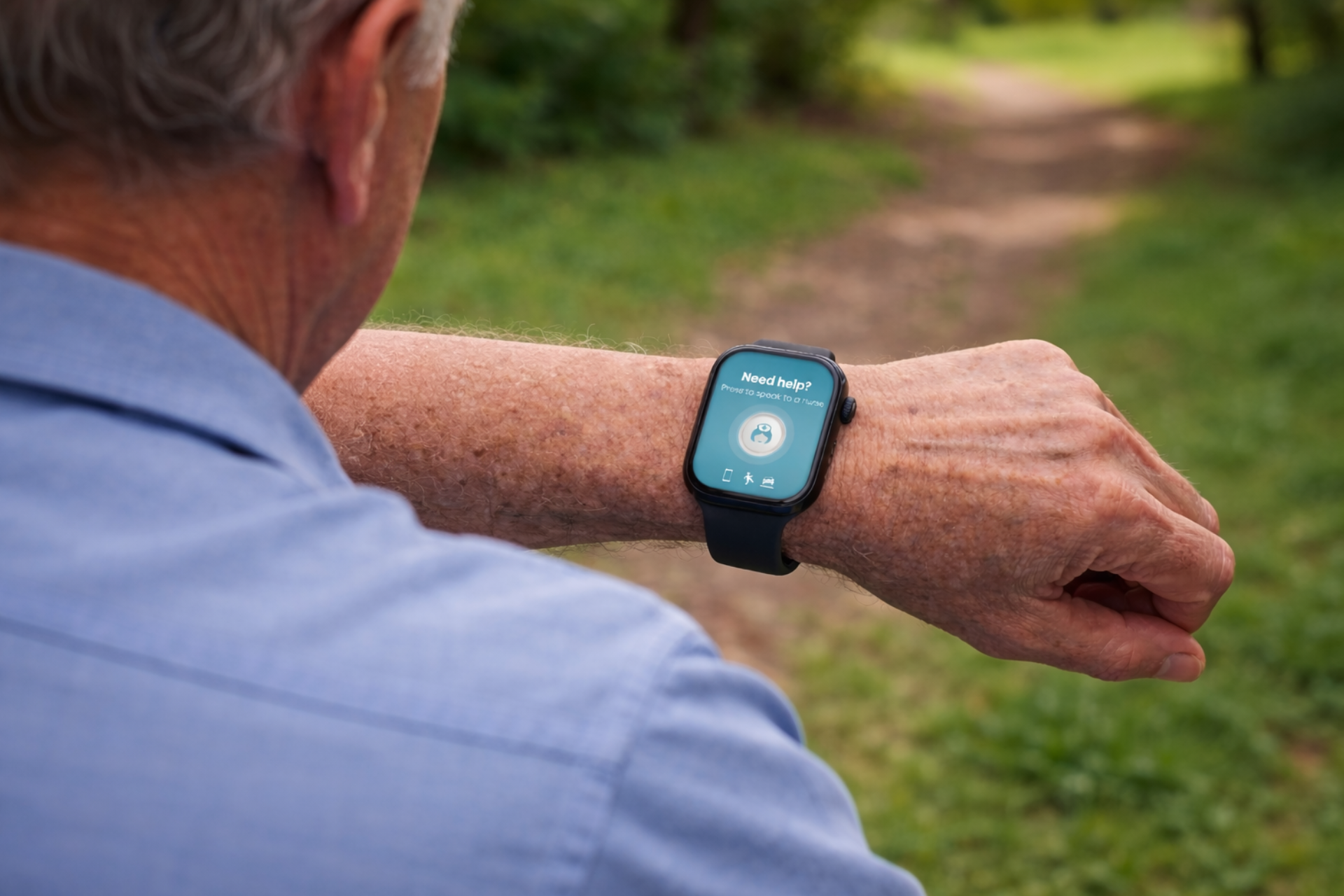Have a Question?
Understanding the After-Effects of COVID-19: What You Need to Know

COVID-19, caused by the SARS-CoV-2 virus, has left a profound and lasting impact on global health. While many individuals recover fully after the acute phase of the illness, studies indicate that 10-20% experience lingering symptoms known as Long COVID.
Australia’s high number of COVID-19 cases suggests that many people may face ongoing health challenges. Understanding these after-effects is vital for managing long-term health and improving quality of life.
What Are the After-Effects of COVID-19?
The lingering symptoms or complications following COVID-19 are called Long COVID, Post-COVID Syndrome, or Post-Acute Sequelae of SARS-CoV-2 Infection (PASC). These effects can vary widely in severity and duration.
1. Physical Symptoms
Fatigue
Persistent tiredness is one of the most commonly reported symptoms.
Respiratory Issues
Difficulty breathing, shortness of breath, and a lingering cough may persist.
Muscle and Joint Pain
Many experience ongoing aches or stiffness.
Loss of Taste or Smell
Partial or complete loss of these senses may linger for months.
Headaches and Migraines
Recurring headaches are reported, even in those who did not experience them during acute infection.
2. Neurological Symptoms
Brain Fog
Difficulty concentrating, memory problems, and mental fatigue are frequently cited.
Sleep Disorders
Insomnia or disrupted sleep patterns are common post-COVID effects.
Nerve Damage
Tingling, numbness, or a burning sensation in extremities may occur in some individuals.
3. Cardiovascular Issues
Heart Palpitations
An irregular heartbeat or racing heart is a reported concern.
Myocarditis
Heart muscle inflammation can develop post-COVID, even in mild cases.
Blood Clot Risks
Increased clotting tendencies may lead to complications like deep vein thrombosis (DVT) or stroke.
4. Mental Health Challenges
Anxiety and Depression
The stress of illness, combined with lingering symptoms, often contributes to mental health challenges.
Post-Traumatic Stress Disorder (PTSD)
Individuals who experience severe COVID-19 may develop PTSD, especially if hospitalised.
5. Gastrointestinal Symptoms
Digestive Issues
Some experience nausea, diarrhea, or abdominal pain post-recovery.
Appetite Changes
A reduced or increased appetite can persist.
4. Mental Health Challenges
Anxiety and Depression
The stress of illness, combined with lingering symptoms, often contributes to mental health challenges.
Post-Traumatic Stress Disorder (PTSD)
Individuals who experience severe COVID-19 may develop PTSD, especially if hospitalised.

5. Gastrointestinal Symptoms
Digestive Issues
Some experience nausea, diarrhea, or abdominal pain post-recovery.
Appetite Changes
A reduced or increased appetite can persist.
Who Is Most at Risk of Long-Term Effects?
While anyone who has contracted COVID-19 can experience lingering symptoms, certain groups are at higher risk:
Individuals with Severe COVID-19
Individuals with Severe COVID-19
Those who were hospitalised or required intensive care often face more significant after-effects.
Older Adults
Advanced age increases the likelihood of lingering complications.
Pre-Existing Conditions
People with underlying health issues like diabetes, obesity, or cardiovascular disease are more vulnerable.
Unvaccinated Individuals
Studies suggest vaccination reduces the risk of severe illness and may lower the likelihood of Long-term COVID-19.
Impact on Daily Life
The after-effects of COVID-19 can significantly affect quality of life, including:
Work
Difficulty concentrating and physical fatigue can make returning to work challenging.
Social Life
Persistent symptoms may limit the ability to engage in social activities or hobbies.
Physical Activity
Shortness of breath and muscle fatigue can hinder exercise and mobility.
Mental Well-Being
Anxiety, depression, and frustration with ongoing health issues may lead to social withdrawal.
Managing and Recovering from Post-COVID Symptoms
While there is no one-size-fits-all solution, several strategies can support recovery:
1. Medical Follow-Up
- Regular check-ups with a healthcare provider are essential to monitor symptoms and manage complications.
- Referral to specialists, such as cardiologists, pulmonologists, or neurologists, may be necessary for targeted care.
2. Physical Rehabilitation
- Pulmonary Rehab: Programs to improve lung function through breathing exercises and physical therapy.
- Gradual Activity: A phased approach to resuming exercise helps prevent overexertion.
3. Mental Health Support
- Engage in therapy or counselling to address anxiety, depression, or PTSD.
- Mindfulness, meditation, and stress-relief techniques can help manage emotional strain.
4. Lifestyle Adjustments
- Healthy Diet: Nutrient-rich foods can support overall recovery and boost energy levels.
- Adequate Sleep: Prioritise rest and establish a consistent sleep routine.
- Hydration: Staying well-hydrated is crucial for overall health.
5. Support Networks
- Join Long COVID support groups locally or online to connect with others experiencing similar challenges.
- Seek guidance from patient advocacy organisations for resources and information.
Research and Advancements in Post-COVID Care
Ongoing research is shedding light on the mechanisms behind Long COVID and potential treatments:
- Vaccination Impact: Studies show that vaccinated individuals are less likely to develop Long COVID.
- Anti-Inflammatory Treatments: Trials explore medications to reduce inflammation linked to lingering symptoms.
- Biomarker Identification: Researchers are working to identify markers in blood tests that can predict or diagnose Long COVID.
When to Seek Help
It’s essential to consult a healthcare professional if:
- Symptoms persist for more than a few weeks after recovering from COVID-19.
- You experience new or worsening symptoms, such as chest pain, severe fatigue, or confusion.
- Ongoing health issues significantly impact daily activities.
Early intervention and appropriate care can make a substantial difference in managing post-COVID effects.
Conclusion
The after-effects of COVID-19 are a reality for many individuals, emphasising the need for awareness, research, and support. By understanding the potential complications and taking proactive steps toward recovery, individuals can improve their quality of life and navigate the challenges of post-COVID health issues. If you or someone you know is experiencing lingering symptoms, don’t hesitate to seek medical advice and support.
Stay informed, take care of your health, and remember that recovery is a journey, not a race.
Support for Chronic Condition Management
Managing chronic health conditions, especially those arising from post-COVID symptoms can feel overwhelming. INS LifeGuard offers personal medical alarms and 24/7 monitoring, providing immediate access to nurses and other healthcare professionals and tailored support for your needs. Take control of your health and well-being today. Visit
INS LifeGuard or call
1800 636 040 to learn more.

About
INS LifeGuard is the only 24/7 nurse on-call personal and medical monitoring in Australia. We provide monitoring technology for both in the home and on the go and can also monitor other provider's equipment. Our services are suitable for anyone wanting support to stay independent such as the elderly, those with medical conditions and disabilities plus enhancing safety and security for lone workers.

















